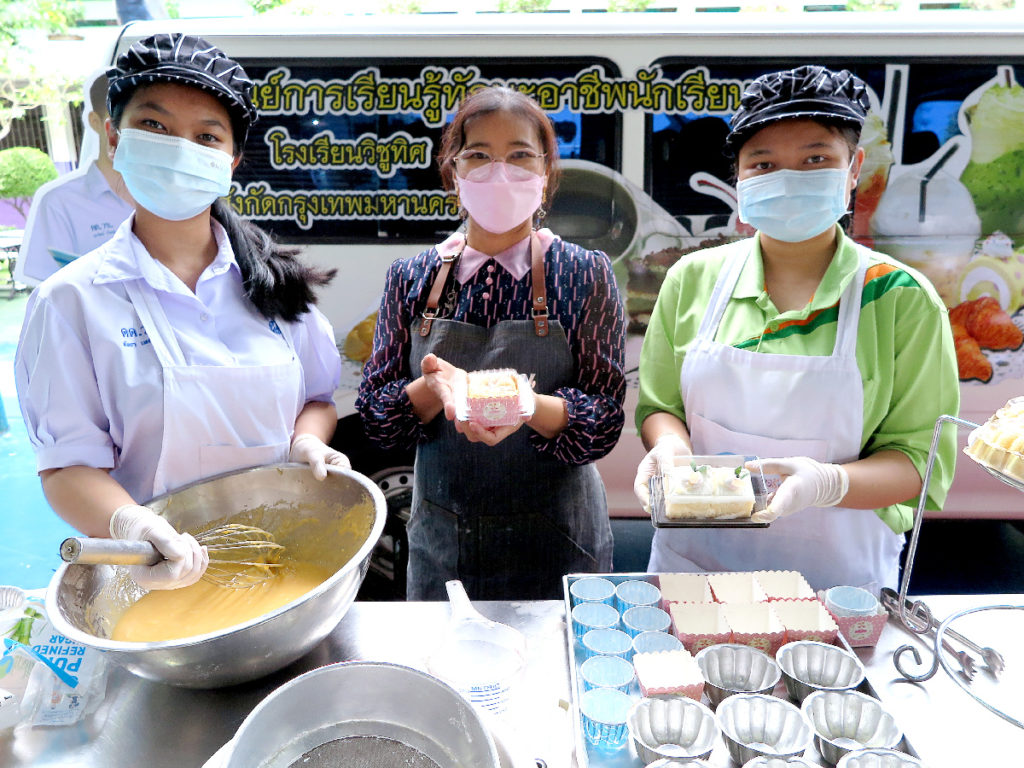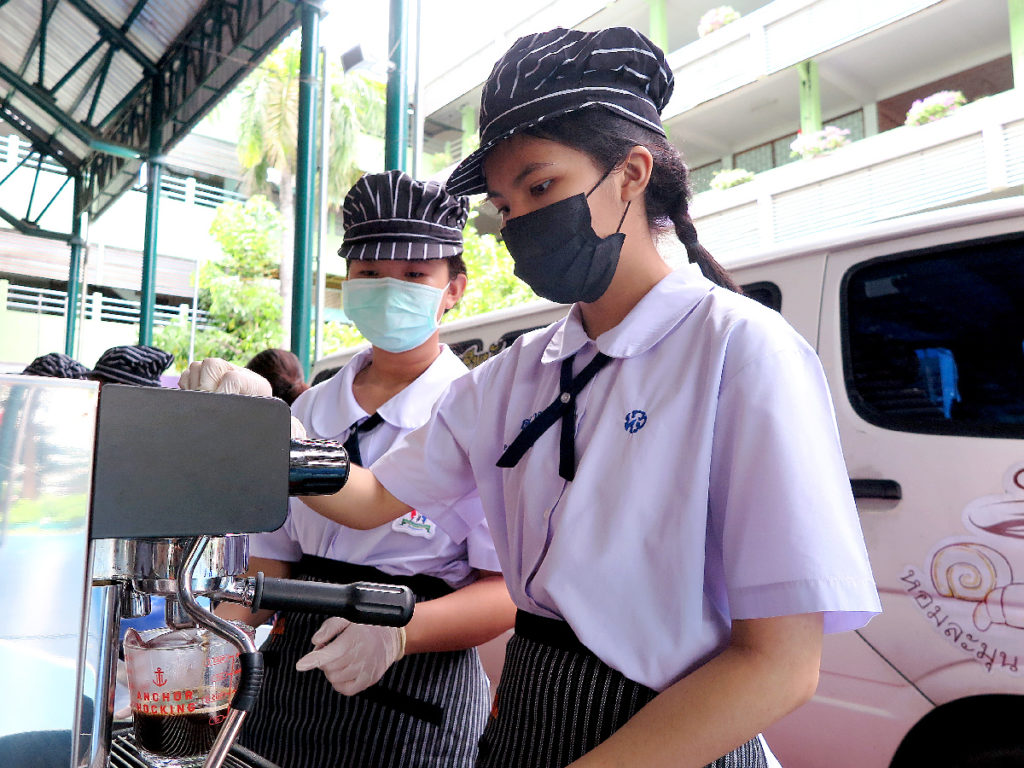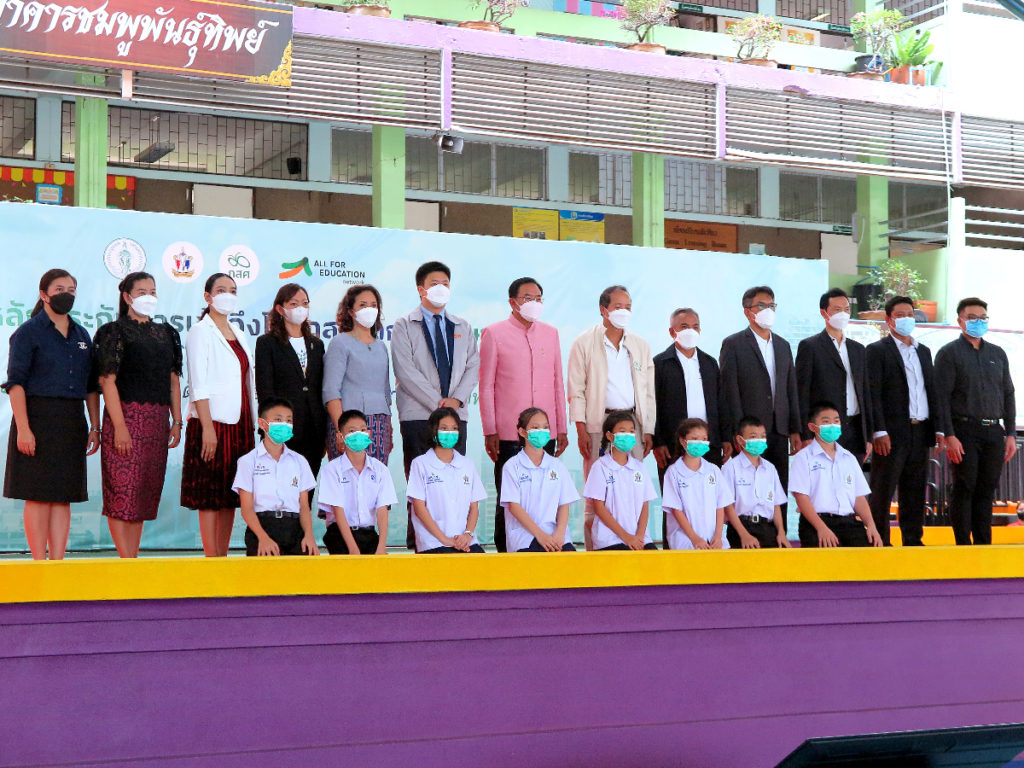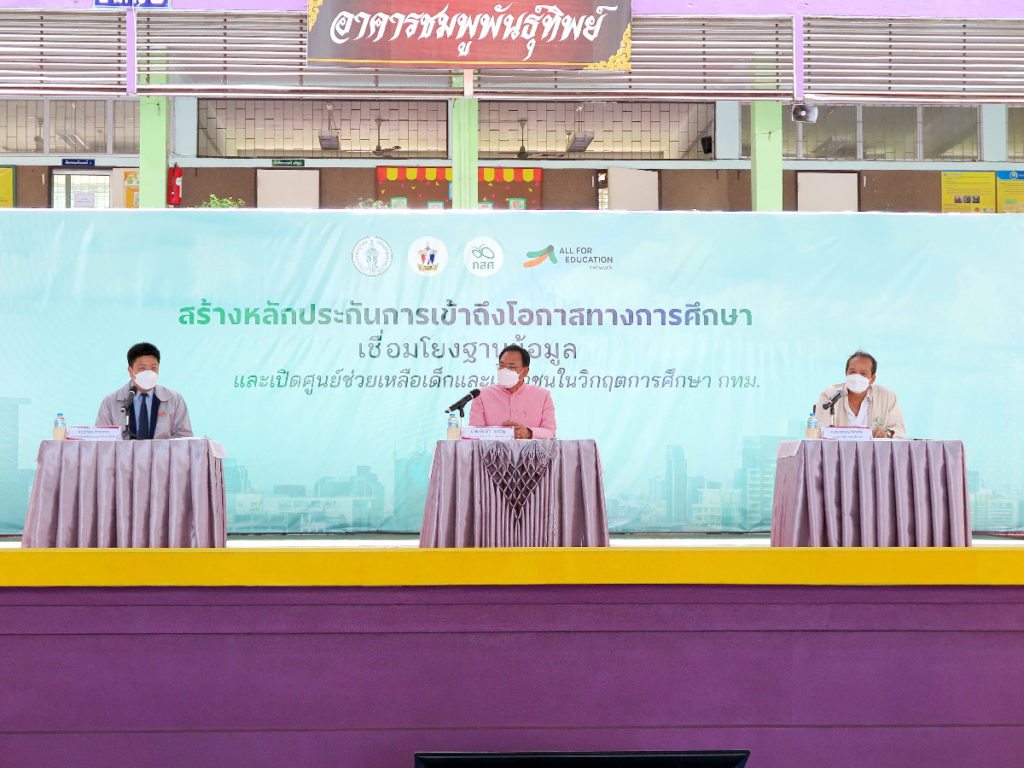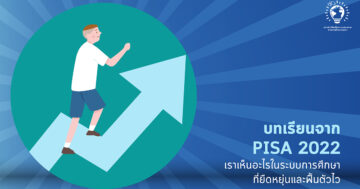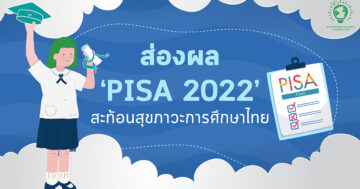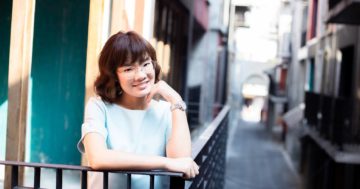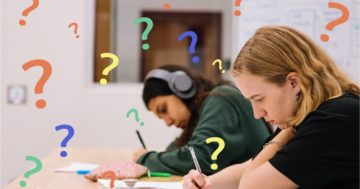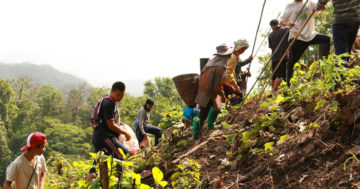In an effort to address the issue of kids leaving the system and get ready to create a center to assist kids with educational difficulties, the Equitable Education Fund (EEF) is working with the Bangkok Metropolitan Government to connect the student database and prepare to provide equitable money. After establishing that in the past, Bangkok had inequality gaps, and school prices were double the national average. With the launch of this partnership, Dr. Kraiyos Patrawart, Managing Director of the Equitable Education Fund (EEF), stated that findings from a study of educational inequity among kids under the age of 15 in the Bangkok region led to this collaboration. It was discovered that the average annual cost of education was 37,257 baht per person. It is more expensive than the country’s average, which is 17,832 Thai Baht per person annually. The children from Bangkok’s poorest 10% families and those from the richest families pay 12 times different amounts for education, on average. This graph displays the educational quality for groups of affluent and poor children who have varying employment options.
The Equitable Education Fund (EEF) has collaborated with five educational organizations in the past. For the first time, we are collaborating with a Bangkok-based organization to create a guarantee for access to educational opportunities for all Bangkok-area schools. Every school can benefit from having a Conditional Cash-transfer (CCT) information system so that instructors can visit students’ homes and conduct a household-level poverty screening. Then determine if the kid is at risk of leaving the educational system or not, taking into account the knowledge gained to support various steps. A database connection serves this partnership between the Equitable Education Fund (EEF) and the Bangkok Metropolitan Government. In order to lower the rate of children leaving the educational system and expand the option for them to continue their education beyond what is required of them, this results in financing support from various sources and links to further education at the higher education level. So, the Bangkok Metropolitan Administration’s more than 400 educational institutions are seen as a beacon of hope and a crucial safeguard against the absence of impoverished children from the educational system by the Equitable Education Fund (EEF). It aids in bringing kids who have dropped out of the educational system for a number of reasons back into it.
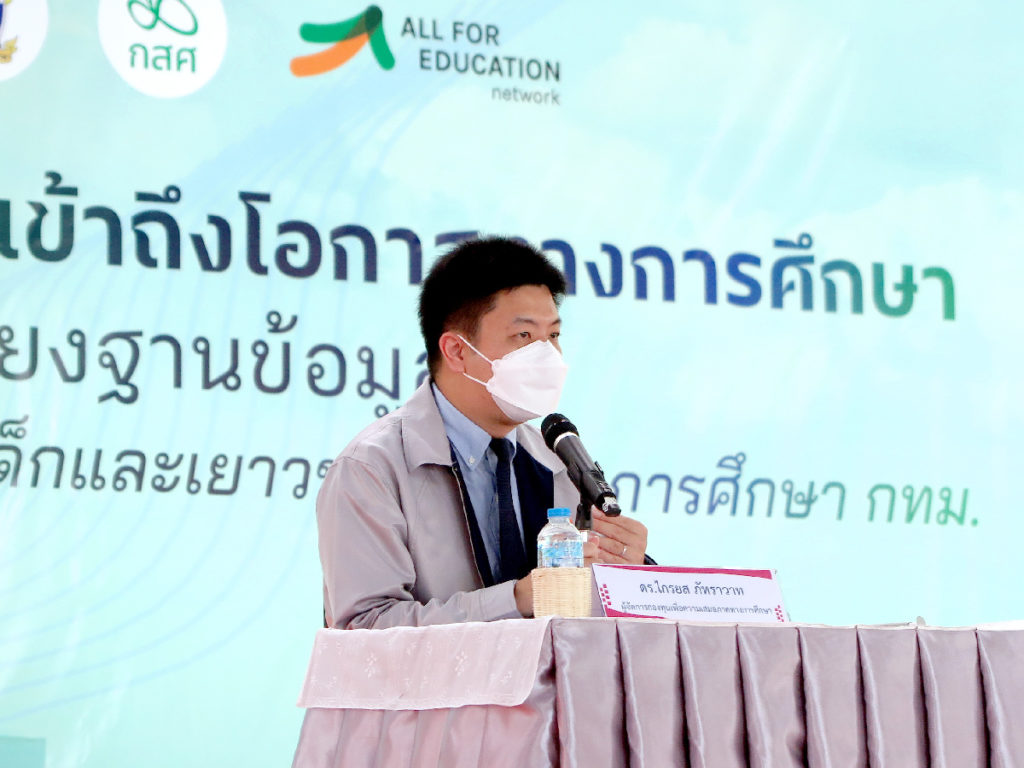
Schools run by the Bangkok Metropolitan Government benefit from having everything necessary to care for children with up to 20 conditions besides offering education to students. It is believed that schools run by the Bangkok Metropolitan Government would be able to assist and care for kids thoroughly if they have issues.
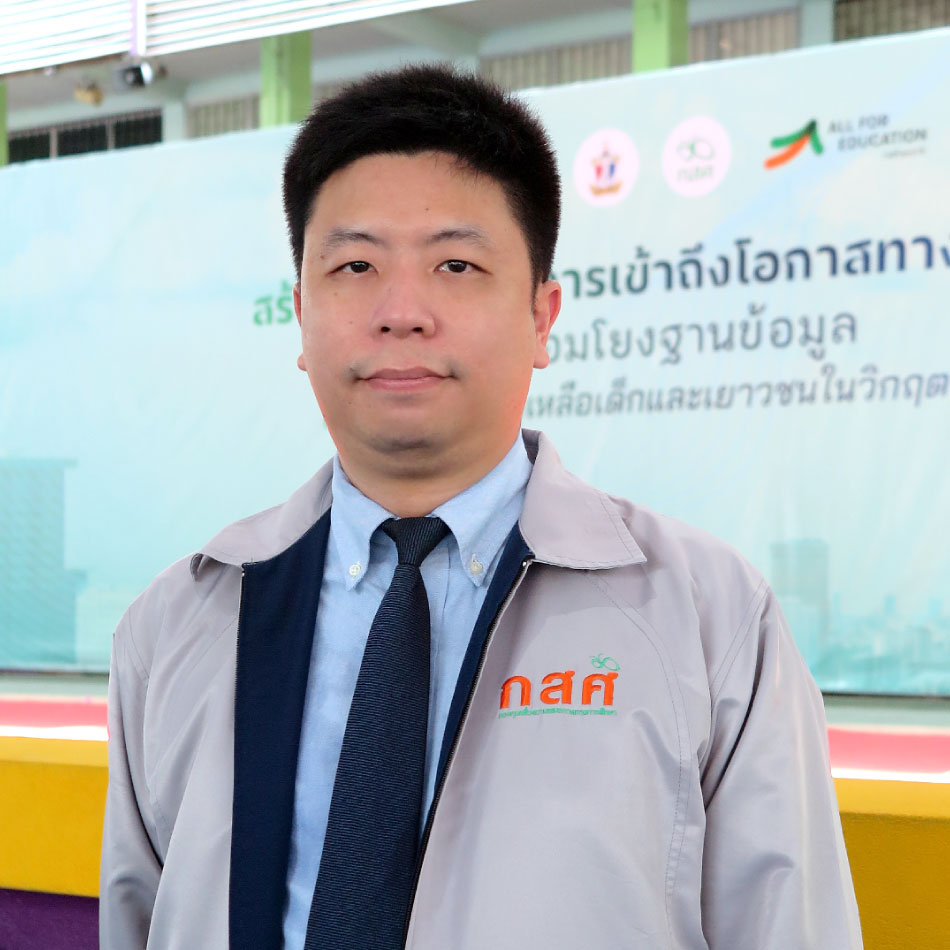
Dr. Kraiyos also sees having a center for children with educational crises to help children who need special care so that children can overcome crises and return to education. It is expected that in the 2022 academic year, in addition to being a year of rehabilitation of COVID. It can also solve the problem of equality in education.
According to Prof. Dr. Sompong Jitradab, expert director of The Equitable Education Fund (EEF), there were 238,707 students nationwide who left the educational system during the 2021 academic year, only 434 of whom were students in Bangkok. However, Bangkok is the province with the highest level of inequality in the nation. It shows that most poor children still need formal education. In addition to being able to study, the children also have food to eat up to 2 A meal a day is considered to help reduce the burden on parent. The schools in Bangkok strengths are located in all areas of Bangkok and are also a soft area for children from violence or families with problems. In Bangkok, there are 641 slums, there are individuals in 8 zones of poverty, and more than 75 percent of the people in this group have just one income but have many people who need to take care of them. Therefore, it is seen that if there are no schools in Bangkok to help take care of. Children in this household group will drop out of the education system and later believe that in less than 3-month these children will have problems with drugs and misbehavior.
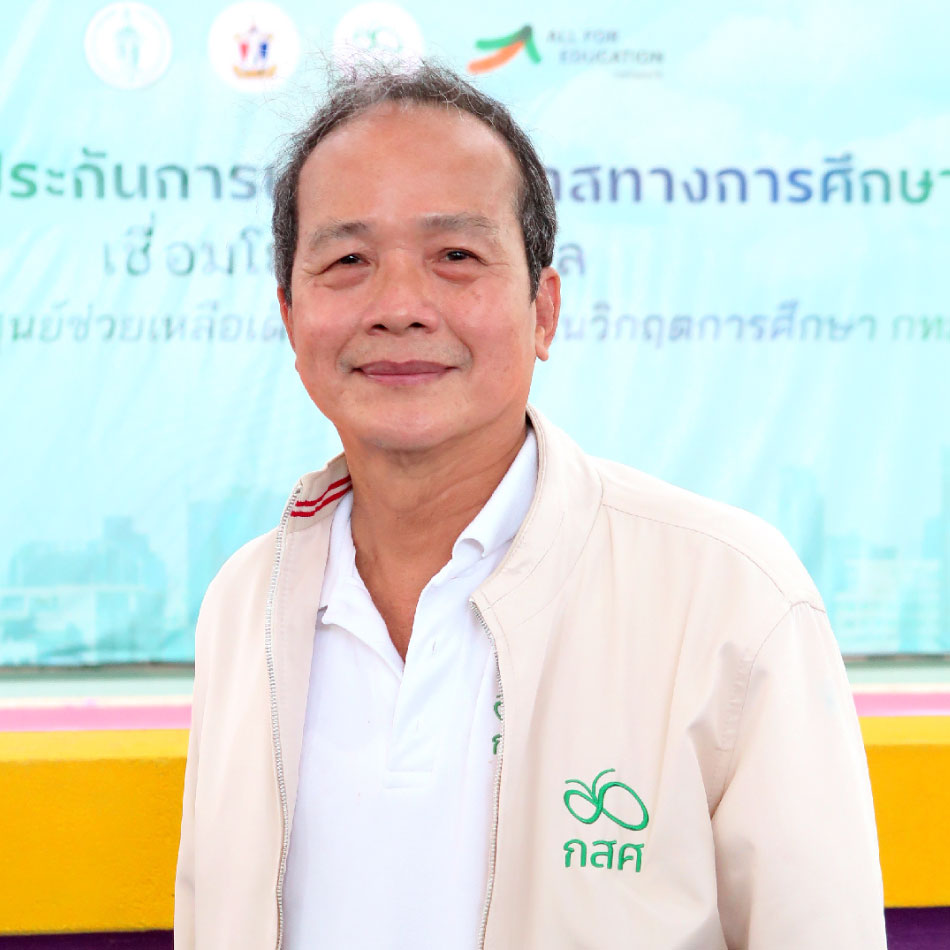
Prof. Dr. Sompong also views that despite free education in schools affiliated with Bangkok, it is truly free education. However, the problem is that most of the 437 schools in Bangkok are primary and kindergarten. While many schools are small schools, it is seen that these schools can form a network with secondary schools. After children complete primary school, it will be passed down to the next generation, allowing the Equitable Education Fund (EEF) to support scholarships comprehensively.
As for the Equitable Education Fund (EEF) joining Bangkok to link the student database this time, it is expected that teachers will have information systematically. It can lead to appropriate advice, follow-up on child support information, and obtain accurate information. It will allow at least 80 percent of children to escape from falling out of the education system and be ready to offer schools under Bangkok as international schools. Teachers are teaching three languages, doing Soft Power together with vocational training for children so that children can show their potential, earn money, overcome the crisis from the darkness in 8 aspects, and continue to be quality citizens.

